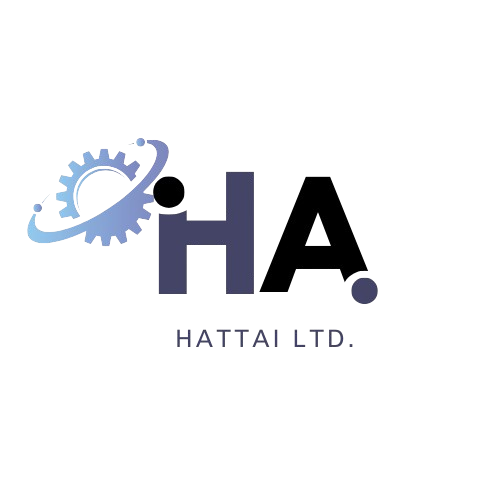How AI Reduces Bias in Hiring (And Why It Matters More Than Ever)
One of the most promising applications of AI in recruitment is its ability to reduce unconscious bias. Despite best intentions, human decisions are often influenced by hidden prejudices based on name, gender, age, or education background.
AI, when built responsibly, can help level the playing field.
Bias-aware algorithms can anonymize resumes by hiding names, photos, or personal details. AI tools trained on diverse datasets can evaluate candidates based on skills, experience, and performance indicators rather than demographic factors.
Moreover, platforms like IBM’s AI Fairness 360 and Google’s What-If Tool are helping companies audit their recruitment models for fairness and inclusivity. These tools can detect if certain groups are being unfairly excluded and adjust the algorithm accordingly.
But it’s not enough to plug in an AI and hope for the best. Human oversight is crucial. Ethical AI use in recruitment involves:
- Transparent model training and auditing
- Diverse data sources
- Regular evaluation of hiring outcomes
Companies that focus on fair, unbiased hiring practices not only build more diverse teams but also see improved innovation, productivity, and employee satisfaction. In today’s social climate, ethical AI isn’t just good practice—it’s a competitive advantage.
